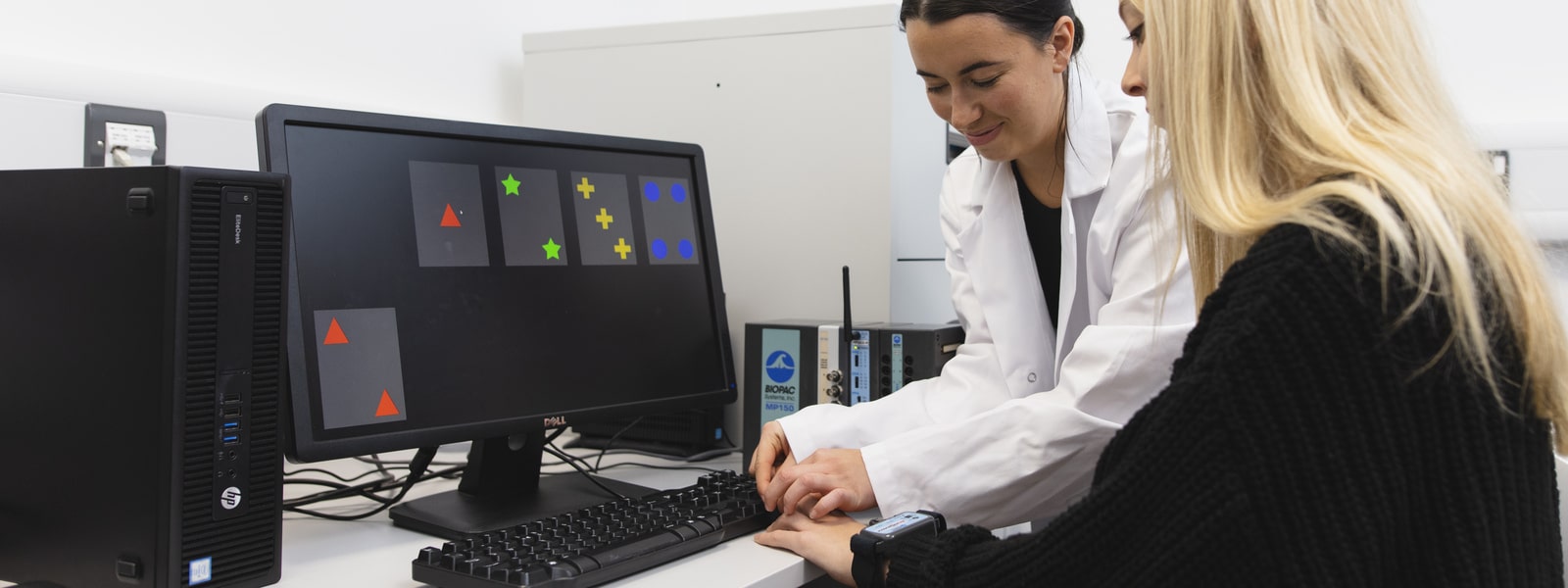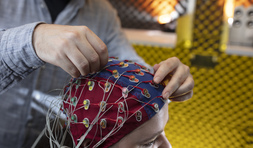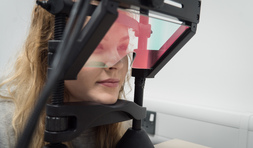United Kingdom
112 UCAS Tariff points from a minimum of 2 A Levels or equivalent qualifications.
BTEC Extended Diploma: Distinction, Merit, Merit.
T Level: Merit.
Access to Higher Education Diploma: 45 Level 3 credits with a minimum of 112 UCAS Tariff points.
International Baccalaureate: 29 points overall.
GCSE's: Minimum of three at grade 4 or above, which must include English and Maths or Statistics. Equivalent Level 2 qualifications may also be considered.
The University accepts a wide range of qualifications as the basis for entry and do accept a combination of qualifications which may include A Levels, BTECs, EPQ etc.
We may also consider applicants with extensive and relevant work experience and will give special individual consideration to those who do not meet the standard entry qualifications.
International
Non UK Qualifications:
If you have studied outside of the UK, and are unsure whether your qualification meets the above requirements, please visit our country pages https://www.lincoln.ac.uk/studywithus/internationalstudents/entryrequirementsandyourcountry/ for information on equivalent qualifications.
In addition to meeting the academic requirements, overseas students will also be required to demonstrate English language proficiency equivalent to IELTS 6.0 overall, with a minimum of 5.5 in each element. Please visit our English language requirements page for a full list of the English qualifications we accept. https://www.lincoln.ac.uk/studywithus/internationalstudents/englishlanguagerequirementsandsupport/englishlanguagerequirements/
If you do not meet the above IELTS requirements, you may be able to take part in one of our Pre-sessional English and Academic Study Skills courses.
https://www.lincoln.ac.uk/studywithus/internationalstudents/englishlanguagerequirementsandsupport/pre-sessionalenglishandacademicstudyskills/
Can we help? The University of Lincoln offer a dedicated support service for overseas students. If you have any questions about your qualifications, or would like assistance in submitting your application, please contact our https://www.lincoln.ac.uk/studywithus/internationalstudents/contactus/












